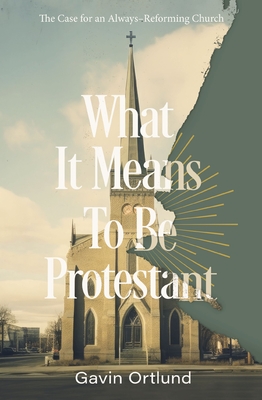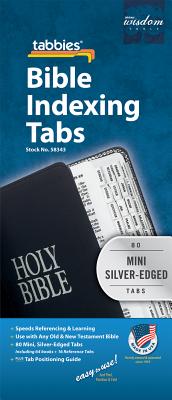
Ortlund, Gavin
A Powerful Defense of The Protestant Tradition.
Winner of the 2024 Christianity Today Book of the Year Award and Popular Theology category; Winner of Credo Magazine's Award in Theological Retrieval
There's a movement among evangelicals of exploring the more sacramental, liturgical, and historically-conscious church traditions, including Roman Catholicism and Eastern Orthodoxy. This hunger for historical rootedness is welcome--but unfortunately, many assume that this need can only be met outside of Protestant contexts.
In What it Means to Be Protestant, Gavin Ortlund draws from both his scholarly work in church history and his personal experience in ecumenical engagement to offer a much-needed defense of the Protestant tradition.
Retrieving classical Protestant texts and arguments, he exposes how many of the contemporary objections leveled against Protestants are rooted in caricature. He shows how historic Protestantism offers the best pathway forward and to historical rootedness for Christians today.
In his charitable style, Ortlund demonstrates that the 16th century Reformation represented a genuine renewal of the gospel. This does not entail that Protestantism is without faults. But because it is built upon the principle of semper reformanda (always reforming), Protestantism is capable of reforming itself according to Scripture as the ultimate authority.
"I find it hard to overstate the importance of this book for every pastor/minister, elder, and serious Bible student that I know. . .This book automatically becomes my new go-to resource explaining Protestantism. It is fantastic, and I thank God for it. . ." --Bobby Harrington, co-founder of RENEW.org and Discipleship.org, founding pastor Harpeth Christian Church







